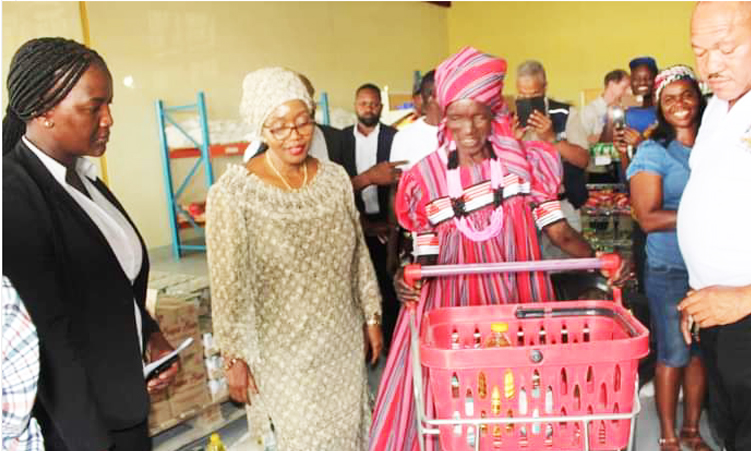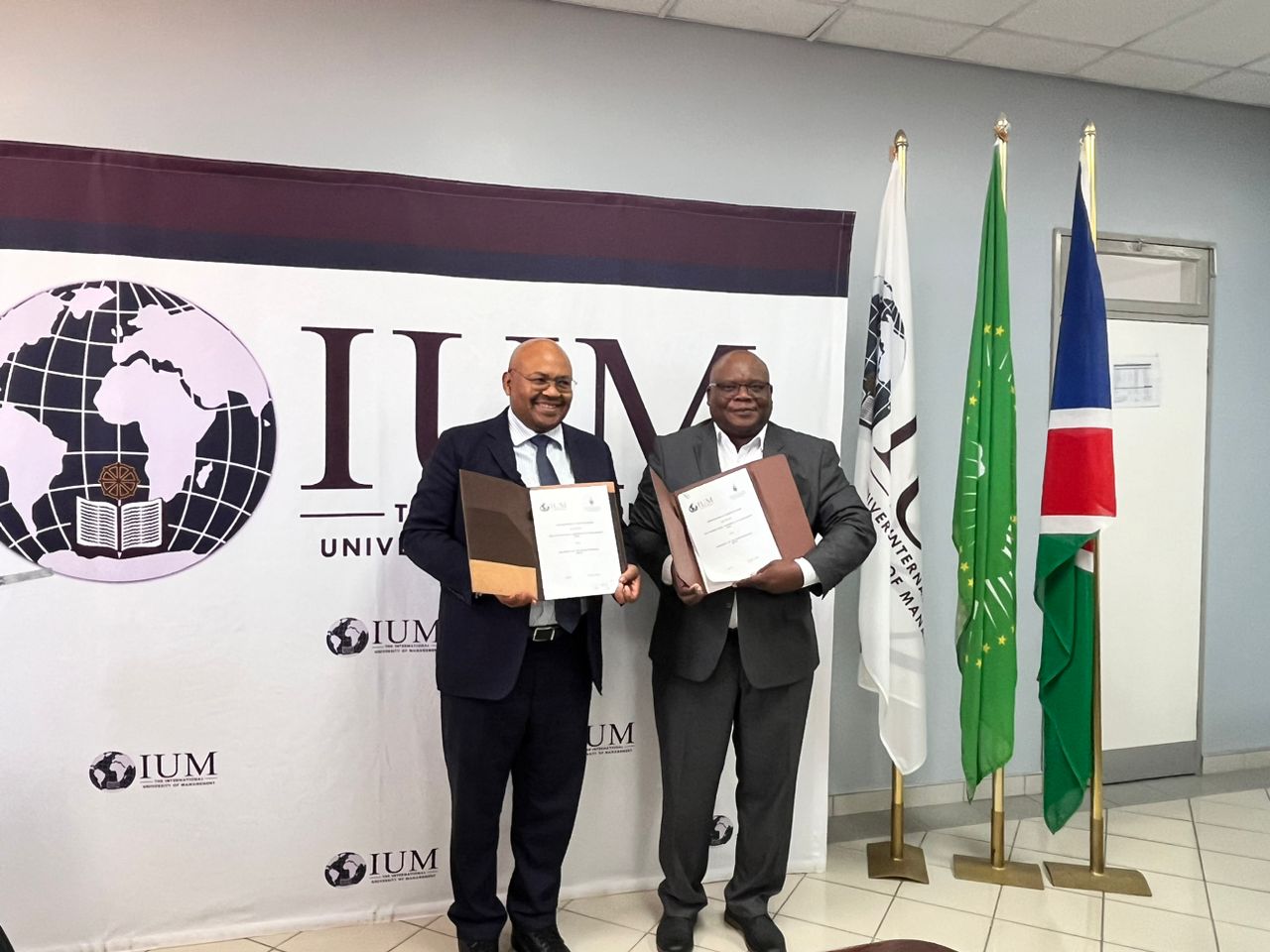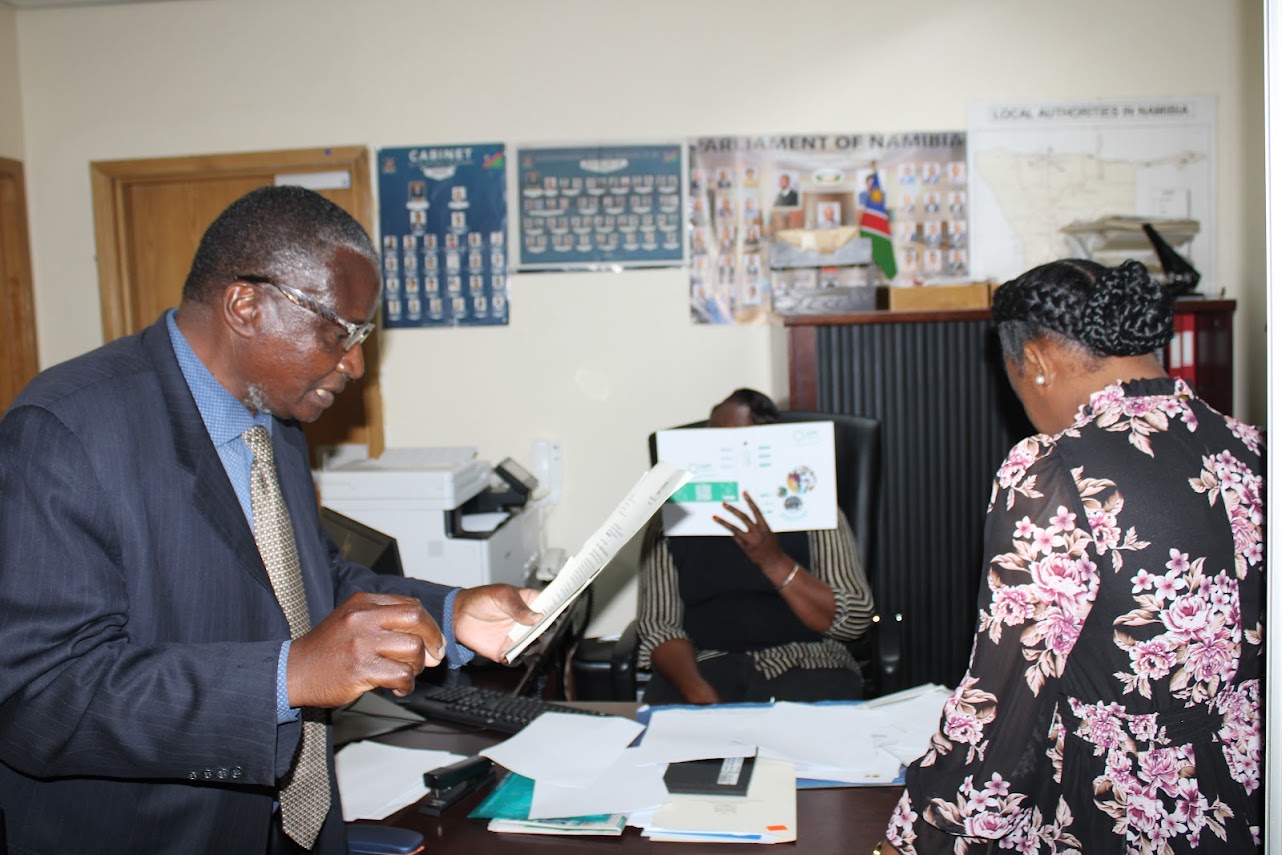Prime minister Saara Kuugongelwa-Amadhila has confirmed a nationwide drought, with more than 695 000 people in desperate need of food relief assistance.
She says no person will die of hunger as a result of drought due to poor harvests this year, as the government, through relevant stakeholders, will ensure all those in dire need of food relief assistance will receive food parcels.
Kuugongelwa-Amadhila was speaking during the International Day for Disaster Risk Reduction held at Uukwangula on Friday.
“These are people whose coping mechanisms are not adequate and thus require government assistance to cope. The drought relief programme will provide food, water and subsidies to farmers in the form of livestock marketing subsidies to lease of grazing, transportation to and from grazing, and fodder purchase,” she said.
The purpose of the drought relief programme is to save lives and sustain livelihoods, she said, adding that the government has improved the food ratio under the drought relief programme, in terms of the size of the maize meal rations which increased from 12,5kg to 20kg per household.
However, consideration will also be made to allow subsidy claims for livestock support by qualifying farmers with effect from 1 July 2023.
“As we roll out the drought programme, effectiveness and timeliness remain key considerations. We will, therefore, leverage the information technology, through the introduction of a Commodity and Beneficiary Management Information System which provides for electronic storage of beneficiary information. The system will enable the issuance of vouchers to identified drought relief beneficiaries, who in turn will be able to redeem the approved food items under the programme at participating local retailers. The system comes with a multitude of benefits, including that of stimulating local economic activities, reduced cost of relief provision and undoubtedly contributing towards the government’s efforts of improving service delivery as outlined by the e-Governance policy,” said Kuugongelwa-Amadhila.
She noted that disasters can derail developmental agendas to a certain extent, as resources allocated to disaster relief are often from developmental programmes.
“Disasters, whether natural or human-induced, know no boundaries. They do not discriminate based on social, economic or geographical factors, but their impact is not uniform. They disproportionately affect the most vulnerable who often lack the capacity to cope with and effectively recover from these crises. While disasters cannot always be prevented, preparedness and resilience building can mitigate the damage caused by disasters and can limit adverse situations from escalating into emergencies and disasters,” she said.
She furthermore implored all stakeholders, town councils and traditional authorities to ensure that communities settle away from flood prone areas, while adding that effective preparedness for and resilience building to disaster risks should not be a matter of choice, but a necessity.
United Nations Food and Agriculture Organisation (FAO) country representative Quingyun Diao said the FAO remains instrumental and continues to contribute to disaster risk reduction and resilience, with special focus on ensuring a conducive policy environment and institutional framework, among others.
“As we commemorate this day, FAO commits to ensuring that hazards such as flash floods, crop pests and diseases, and climate-induced episodic droughts and grazing scarcity which impact the lives and livelihoods of communities in this area and beyond, are attended to now and in the future. In so doing, we would surely contribute to ensuring a ‘resilient future’ while achieving sustainability in water supply and security,” she said.
Stay informed with The Namibian – your source for credible journalism. Get in-depth reporting and opinions for
only N$85 a month. Invest in journalism, invest in democracy –
Subscribe Now!






